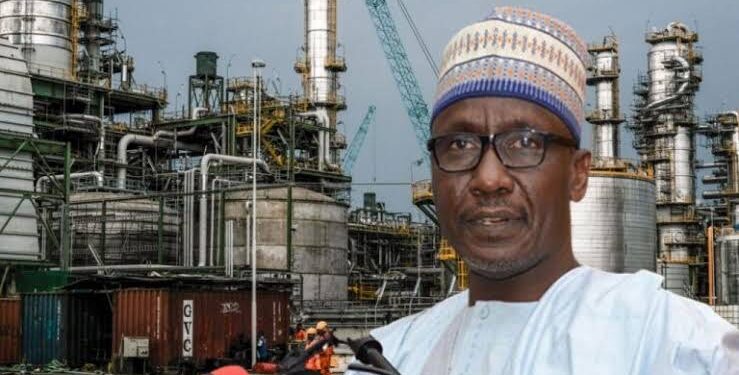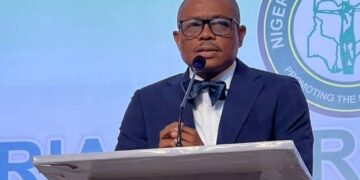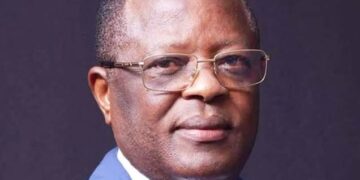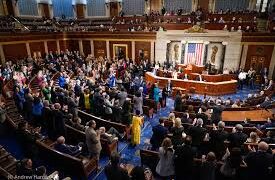In an effort to bolster domestic refining capacity and drive economic growth, the Nigerian Minister of Finance, Wale Edun, has recently unveiled a technical sub-committee tasked with overseeing the implementation of the naira-based crude oil sales initiative. The announcement, made by Mohammed Manga, the Director of Information and Public Relations of the Ministry of Finance, emphasized the government’s commitment to fostering Nigeria’s economic development by leveraging its rich oil resources and encouraging domestic refining.

On July 29, the Federal Executive Committee (FEC) approved President Bola Tinubu’s proposal to direct the Nigerian National Petroleum Company Limited (NNPCL) to sell crude oil to Dangote Refinery and other refineries for naira.
The Ministry of Finance said the launch came after a stakeholders meeting that brought together government officials and representatives of local refineries, including Dangote Refinery, to discuss the implementation of the policy.
“The committee, which includes Lydia Jafiya, the permanent secretary of the ministry of finance; Zacch Adedeji, executive chairman of the Federal Inland Revenue Service (FIRS), as well as representatives from the NNPCL, Central Bank of Nigeria (CBN), Afrexim Bank, Nigerian Upstream Petroleum Regulatory Commission (NUPRC), has the critical role of crafting a robust template that will ensure the successful implementation of the initiative,” the statement said.
“With the inauguration of the technical sub-committee, under the leadership of HM Edun, Nigeria is poised to witness a transformative shift in its energy landscape, especially with the task on the committee to craft a robust framework for naira-based crude sales, paving the way for a self-reliant and globally competitive energy sector.
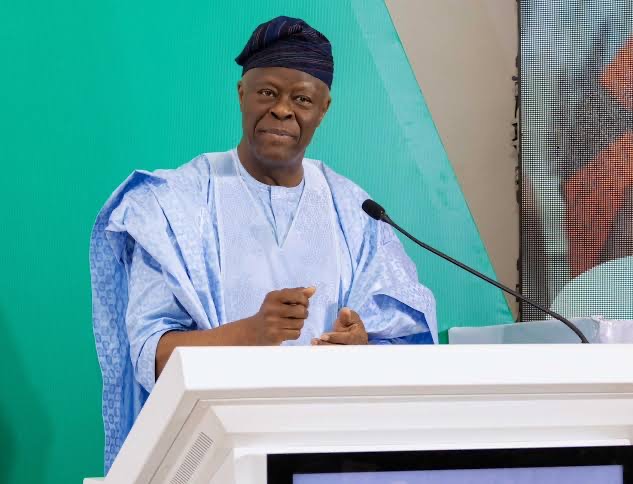
“As the nation embarks on this strategic journey, the ultimate goal of boosting economic growth, reducing poverty, and enhancing refining capacity is within reach.
“Thus, the committee’s diligent work will be instrumental in unlocking Nigeria’s full potential, and their contributions will be pivotal in shaping a brighter future for generations to come.”
Edun, in his remarks, said the effort is part of a broader strategy to position Nigeria as a refining hub, which will significantly boost the economy by reducing dependency on crude oil exports and promoting local expertise in the energy sector.
The minister commended the committee members for their dedication and expected contributions, urging them to work diligently to meet the expectations set out in the presidential directive.
He reiterated that the ultimate goal is to transform Nigeria’s energy sector into “one that is self-reliant and globally competitive”.


